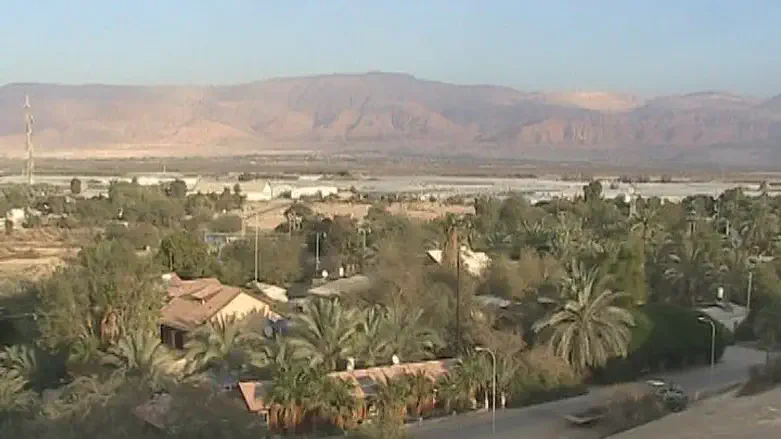
Dedicated in memory of Yaakov ben Avraham and Sarah Aharonov z"l
Rabbi Ari Faust is the Rosh Kollel of Torah Mition in Montreal
Avraham stands on the hilltop overlooking the area of Sodom and Amorrah. Hashem has revealed His intention to destroy the entire area, and not leave a single survivor. Everyone is accountable, the evil has grown to great.
What happens next is one of the most remarkable passages in all of Tanach: Avraham argues with Hashem; he questions the moral premises of God’s intentions. Avraham refuses to stand idle when another person suffers. This passage is radical for a number of reasons, the most obvious of which is what right does man have to argue with The Infinite? But what makes this passage truly remarkable is that Avraham doesn’t succeed! The entire exchange has not changed the outcome! Beyond questioning how, or why, this exchange took place, we must ask why the Torah includes it when it turned out to be completely inconsequential!
It would appear that the significance of the passage is not in the outcome of the argument, but in the argument itself. We need to know that before Sodom and Amorrah were destroyed, Avraham argued against their destruction. In this the Torah is in fact displaying an ideological showdown - between Avraham above and the people of the towns below.
What was so evil about the people of Sodom and Amorrah? Why were these societies destroyed?
The Midrashic traditions paint these places as perverted and morally corrupt societies. They describe a culture of sexual debasement and wanton abuse. But this was also a place of systemic corruption and cruelty (Sefer Hayashar):
If a poor man would come to their land, they would give him silver and gold, but proclaim throughout the city not to give him a single piece of bread to eat. And if the poor man would stay in the land for some time and die of hunger, for he could find no bread to eat, then when he died, all the people of the city would come and take back the silver and gold they had given him. Each person who recognized his own money or gold would take it and leave.
Not only was the moral depravity condoned, not only was it legal, but it was encouraged by a backwards and immoral judicial system. The Gemara (Sanhedrin 109b) gives the following account:
Eliezer, Abraham's servant, came to a place where he was charged a ransom fee. He went before the judge and said to him, "Give me payment for taking your blood!" Eliezer took a clod of dirt and threw it at the judge. The judge asked, "What is this?" Eliezer replied, "This is the fee for what I got from you. Give it to that person, and my money will remain as it is."
Sodom and Amorrah are societies where the people mask their immorality behind the disguise of the values of charity and law. They pervert upright moral structures in order to advance their own debasement and immorality. They care about nothing but their own personal satisfaction, but hide this corruption behind a vale of lofty words and high values.
The Mishnah (Avot 5:10) teaches:
שֶׁלִּי שֶׁלִּי וְשֶׁלְּךָ שֶׁלְּךָ … זוֹ מִדַּת סְדוֹם
What’s mine is mine and what’s yours is yours … is the quality of Sodom
The value system of Sodom is based on the complete separateness between people. It is the absolute corrosion of covenant and interconnectivity. No one needs to care for another person - in fact, doing so is against the law!
It is upon this backdrop that Avraham stands on the top of the mountain and protests. What happens to Sodom and Amorrah is unimportant - evil will eventually disappear and be forgotten. What is of upmost importance, however, is the unremitting belief that we are all connected and we need to look-out for one another.
The Torah juxtaposes the societies of Sodom and Amorrah with Avraham’s prayer for their rescue. It pens the morally backwards culture of anti-covenantalism against the morality of Avraham - the incessant belief in our interconnectedness and mutual responsibility.
~
For comments: ravari@ktmmtl.org